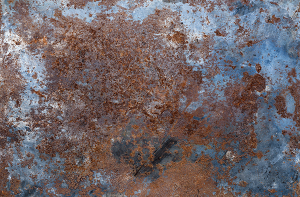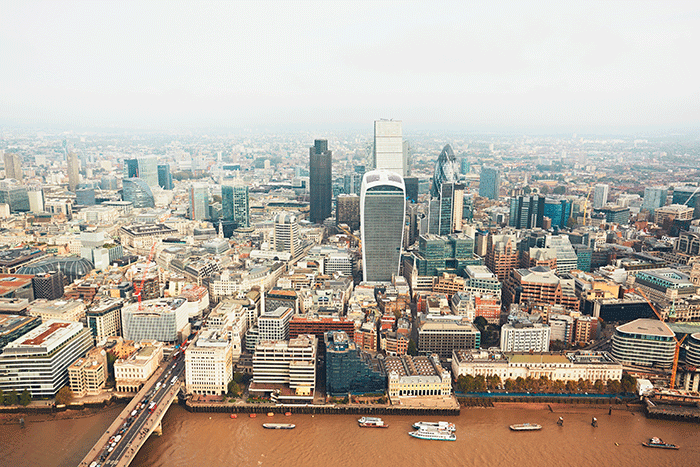© Construct Films
All materials weather, dependent upon the environmental conditions that they are exposed to. This is shown in various ways: changes in its appearance, changes to its properties and eventual failure of the material.
Corrosion reaction
There are many different types of corrosion mechanisms. One example is when steel reacts with oxygen and water. The corrosion reaction is generally denoted as follows:
4Fe + 2H2O + 3O2 = 2Fe2O3 H2O
What is corrosion?
Corrosion is a natural process, which converts a metal to a more chemically-stable form, such as its oxide, hydroxide, or sulfide. It is the gradual destruction of materials (usually metals) by chemical and/or electrochemical reaction with their environment. Both the type of metal and the environmental conditions, general and at a very local level, it is exposed to, determine the form and rate of deterioration. Read more about the corrosion process.
Do All Metals Corrode?
Most metals corrode. Some like iron corrode quickly, while others naturally corrode more slowly (e.g. zinc) or corrode slowly because they are an alloy of various metals (e.g. stainless steel).
A small group of metals, called the Noble Metals, are much less reactive than others. As a result, they rarely corrode. They are, in fact, the only metals that can be found in nature in their pure form. The Noble Metals, not surprisingly, are often very valuable. They include palladium, silver, platinum, and gold.

Types of corrosion
Metals can corrode in a number of ways dependant upon environmental conditions, both general or localised, and design related issues.
Corrosion of certain metals can be minimised by applying coatings or by adding an alloy to a pure metal. Read more about the common types of corrosion.
Corrosion rates and corrosion categories
Corrosion rates are normally calculated in units of µ/yr (microns per year). In other words, the corrosion rate is based on the number of microns (thousandths of a millimetre) lost each year.
Find out more on how to calculate the corrosion rate for a given environment.
Corrosion protection systems
There are many different types of corrosion protection systems that can be used to prolong the life of metal structures. These will vary in the way they are applied, their characteristics and their performance.
Find out more on the different systems that can be used to protect steel.

